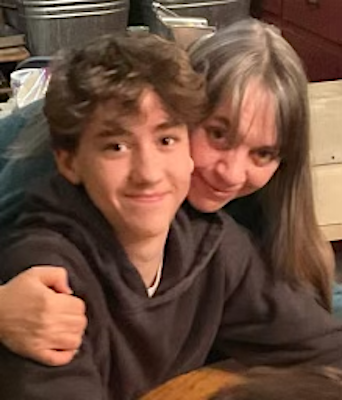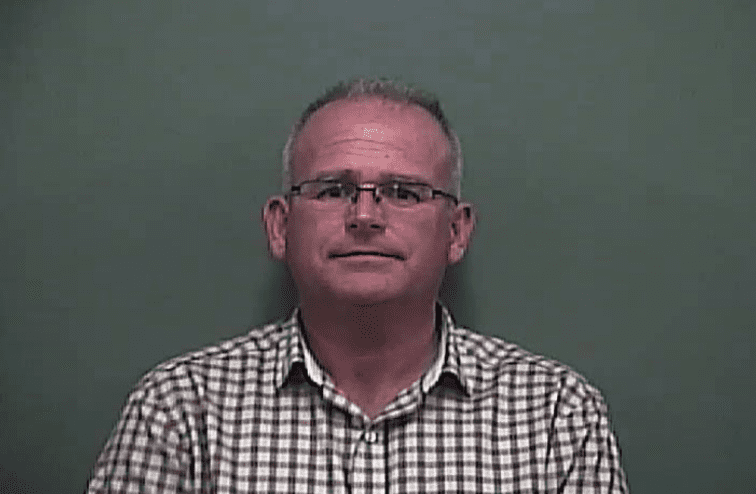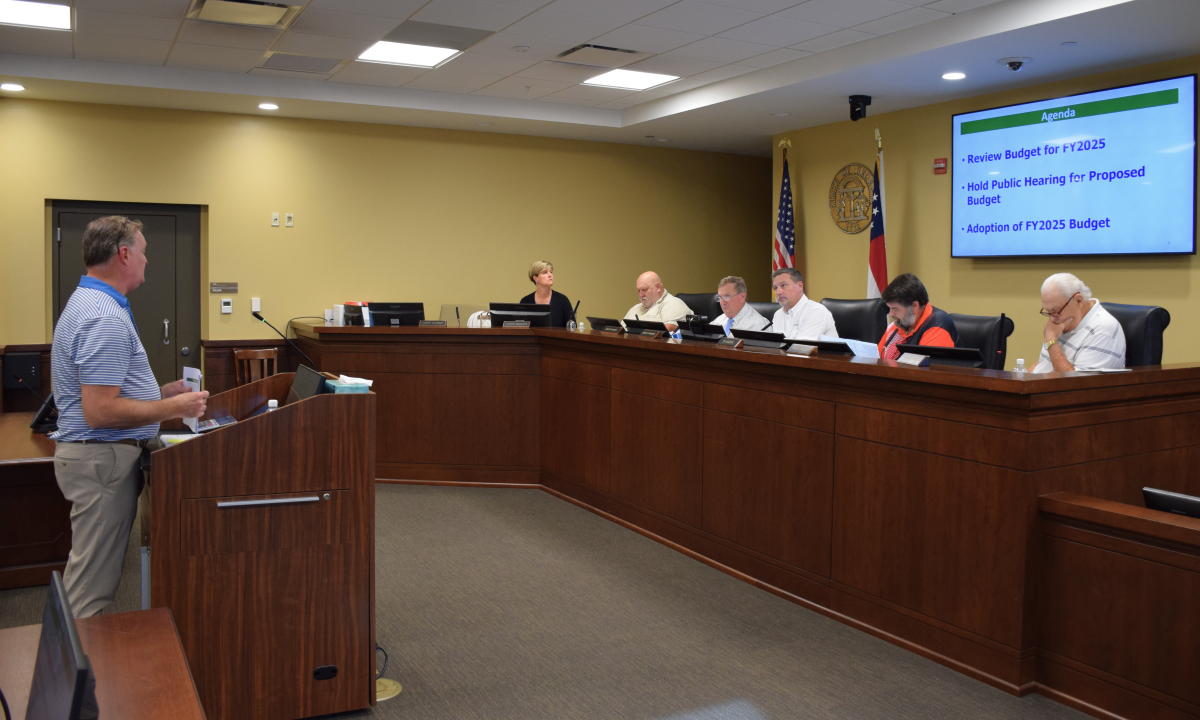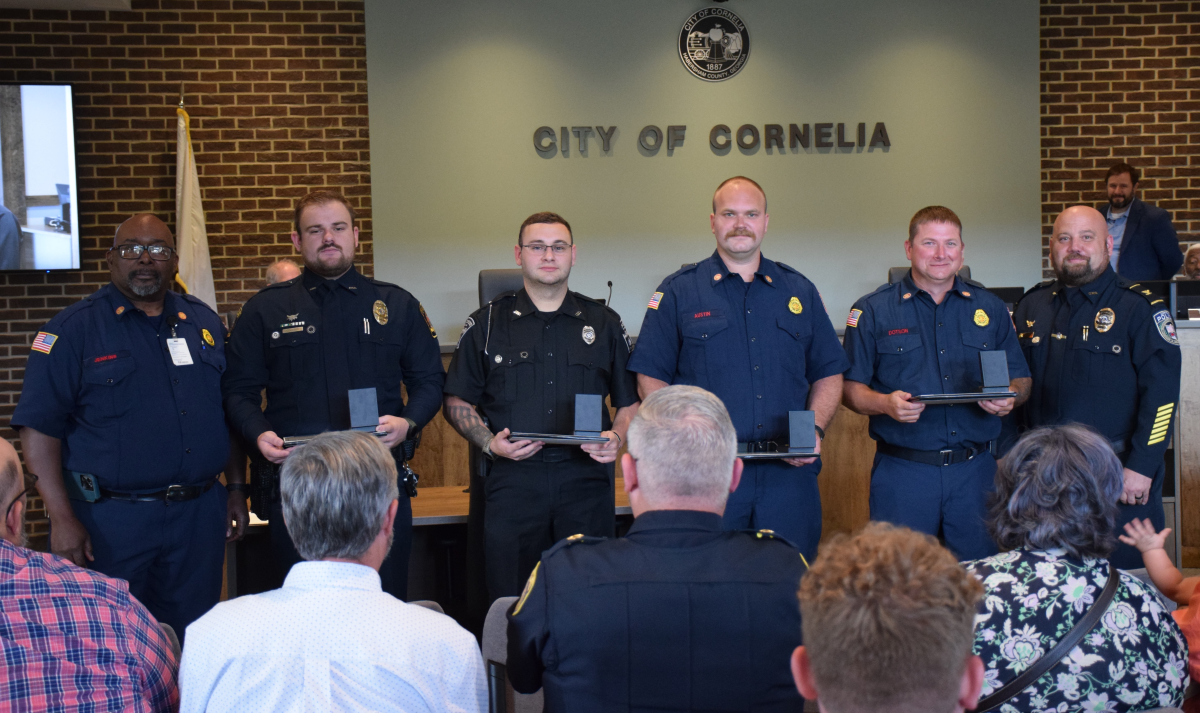
Ten individuals, including hospital managers, laboratory owners, billers, and recruiters, were charged in an indictment unsealed this week for their alleged participation in an elaborate pass-through billing scheme involving rural hospitals. They’re accused of using hospitals in several states as billing shells to submit fraudulent claims for laboratory testing.
The former Chestatee Regional Hospital in Dahlonega was among the facilities allegedly used in the scheme, according to the U.S. Department of Justice.
Indictment and charges
The indictment alleges that from approximately November 2015 through February 2018, the conspirators fraudulently billed private insurance companies approximately $1.4 billion for laboratory testing claims and were paid approximately $400 million.
Jorge Perez, 60, of Miami-Dade County, Florida; Seth Guterman, 54, of Chicago, Illinois; Ricardo Perez, 57, of Miami-Dade County, Florida; Aaron Durall, 48, and Neisha Zaffuto, 44, each of Broward County, Florida; Christian Fletcher, 34, of Atlanta, Georgia; James Porter Jr., 49, of Marion County, Florida; Sean Porter, 52, of Citrus County, Florida; Aaron Alonzo, 44, and Nestor Rojas, 45, each of Miami-Dade County, Florida, were charged in the indictment filed in the Middle District of Florida.
The charges against them range from conspiracy to commit health care fraud and wire fraud to money laundering. All of the defendants were scheduled to appear in court this week before U.S. Magistrate Judge Joel Toomey.
“This was allegedly a massive, multi-state scheme to use small, rural hospitals as a hub for millions of dollars in fraudulent billings of private insurers,” says Assistant Attorney General Brian Benczkowski of the Justice Department’s Criminal Division. He adds, the charges “make clear that the department is committed to dismantling fraud schemes that target our health care system, however complex or elaborate.”
How the alleged scheme worked
The indictment alleges that the conspirators would take over small, rural hospitals, often in financial trouble, using management companies they owned and operated. They would then bill private insurance companies through those rural hospitals for millions of dollars of expensive urinalysis drug tests and blood tests. The tests were mostly conducted at outside laboratories they often controlled or were affiliated with, using billing companies that they also controlled. While outside laboratories did most of these laboratory tests, the conspirators allegedly billed private insurance companies as if these laboratory tests were done at the rural hospitals, a news release from the DOJ states.
According to the indictment, the rural hospitals negotiated contracts with private insurers that provided for higher reimbursement rates than if the tests were billed through an outside laboratory. Prosecutors claim the hospitals were used as a shell to fraudulently bill for the tests.
The indictment further alleges that the lab tests often were not even medically necessary. The conspirators allegedly would obtain urine specimens and other samples for testing through kickbacks paid to recruiters and health care providers, often at sober homes and substance abuse treatment centers.
The indictment also alleges that the conspirators engaged in sophisticated money laundering to promote the scheme and distribute the fraudulent proceeds.
Rural hospitals
Chestatee Regional was the only Georgia hospital named in the indictment. The 49-bed rural hospital folded soon after the allegations surfaced. It has since been bought out by Northeast Georgia Health System.
Other hospitals allegedly involved in the scheme include Cambellton-Graceville Hospital (CGH), a 25-bed rural hospital located in Graceville, Florida; Regional General Hospital of Williston, a 40-bed facility located in Williston, Florida; and Cand Putnam County Memorial Hospital, a 25-bed rural hospital located in Unionville, Missouri.
“Schemes that exploit rural hospitals are particularly egregious as they can undermine access to care in underserved communities,” says Deputy Assistant Inspector General Thomas South of the U.S. Office of Personnel Management Office of Inspector General (OPM OIG). “We are extremely proud of our criminal investigators and law enforcement partners for their hard work uncovering this complex criminal fraud scheme.”
Agents with the FBI’s Jacksonville Field Office investigated the case. Trial Attorneys with the Criminal Division’s Fraud Section and Assistant U.S. Attorney of the Middle District of Florida are prosecuting the case.







